During the corona crisis, there’s been a massive outflowing of community care- people looking after each other in their local communities in a myriad of ways. I’ve been so uplifted to see how ordinary people have responded, from cycle deliveries to self- isolating households, to streets organising socially distancing activities, to neighbours looking out for each other, doing shopping, cooking meals, checking on elderly or vulnerable …the list and variety is endless. It celebrates our creativity and imagination to deal with crisis and shows the very best in each other.
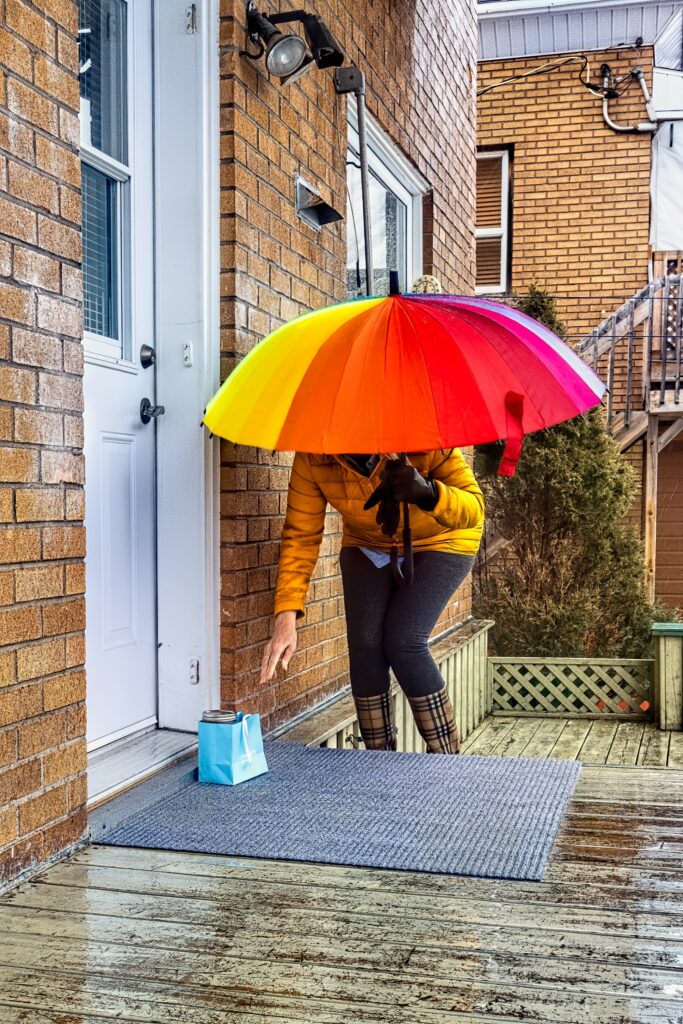
On top of that there’s been the employed members of the community, carrying on working in their normal jobs, but in different ways, all to support and keep us all fed, clean, cared for and as healthy as possible.
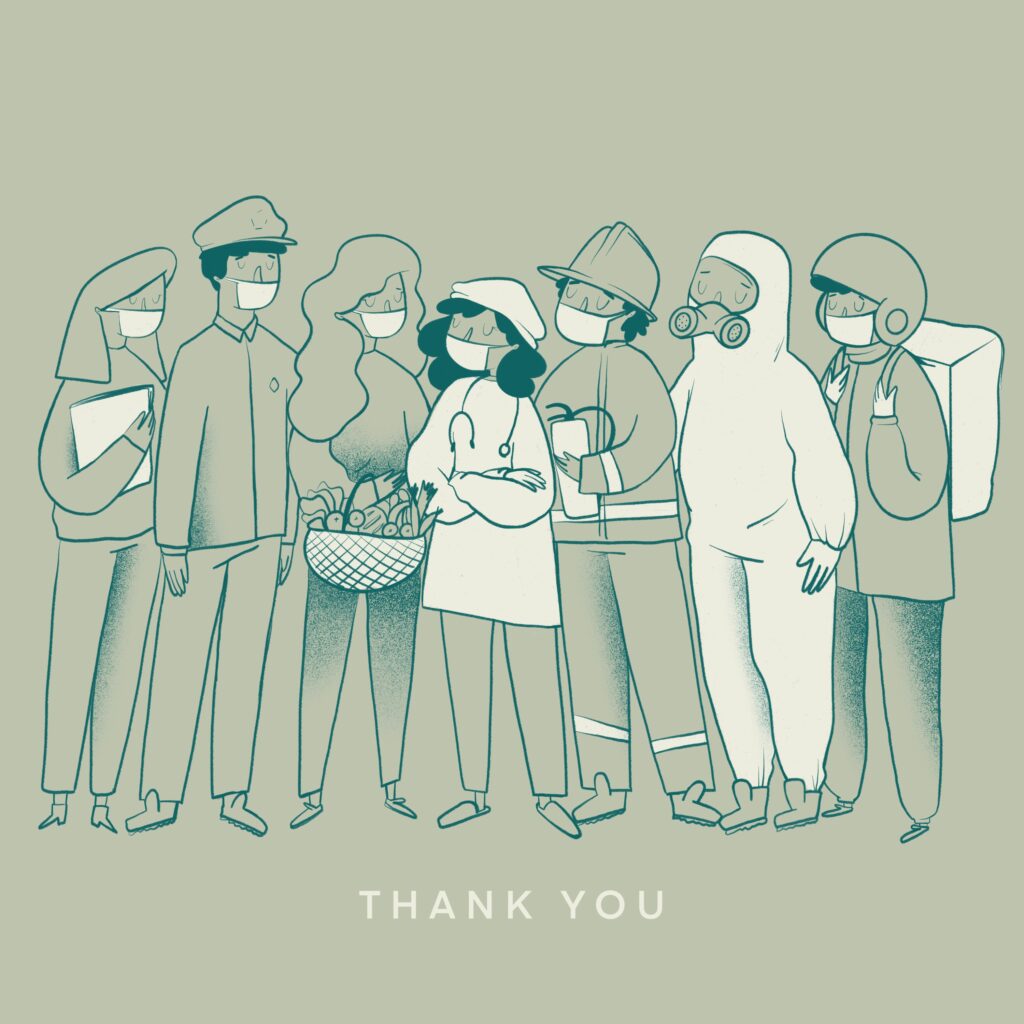
Many inspirational world leaders, such as Angela Merkle and Jacinda Arden are promoting a green economy as the way to rise out of the crisis. I totally agree with them, even to the extent that if we don’t follow that route, the Earth will keep on giving us crisis after crisis till we finally DO listen.
A massive part of being green and sustainable is how we look after each other. Doughnut Economics by Kate Raworth explains this very clearly https://www.amazon.co.uk/dp/B01BUOGF58/ref=dp-kindle-redirect?_encoding=UTF8&btkr=1 and to me, it is the way forward. Amsterdam has already adopted it- maybe it’s time for the rest of the world to do so.
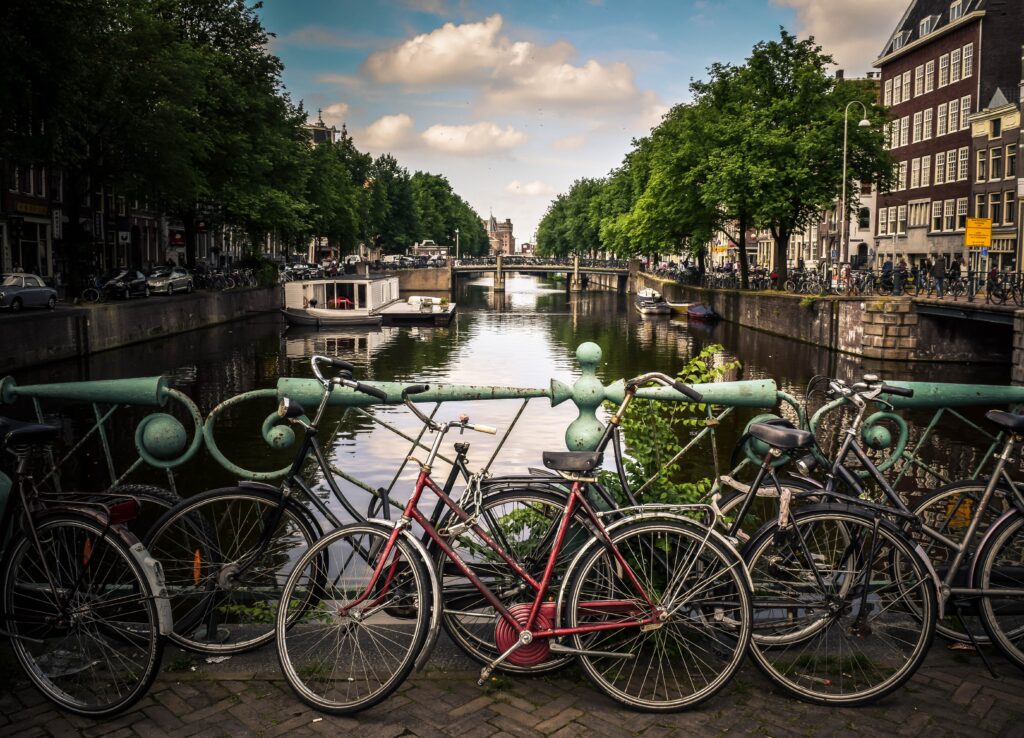
The ordinary person ultimately has the power and leads the way. If everyone starts changing their behaviour, then governments have to listen. That is the sustainable way, starting small, managing well and expanding. You may say, “That’s all very well but what can I do?” A surprising amount is the answer.
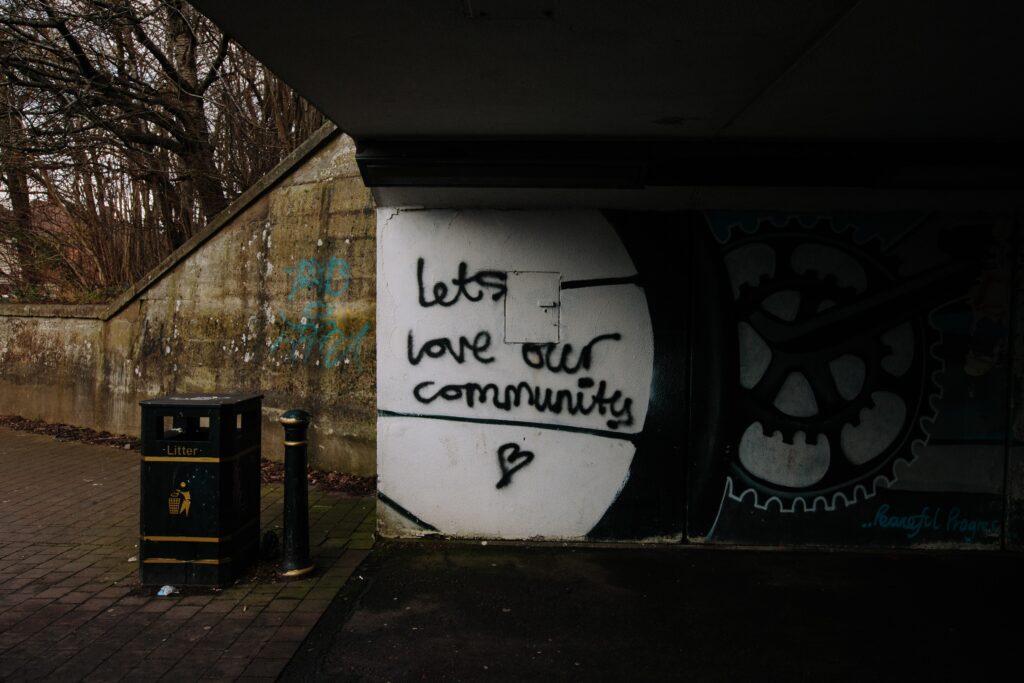
Shopping choices is a massive one. Your buying power is immensely powerful. I always remember the women in Northern Ireland who refused to buy products from South Africa while apartheid was in place. They sparked a worldwide movement which eventually led to the dismantling of that awful regime.
Shopping locally with small locally owned businesses and in markets is a massive step. I must say that during this crisis we have been so lucky that our local market has been allowed to stay open for food shopping. The bliss of being able to socially distance outside and not feel the pressure of breathing other’s germs in the supermarket is so good.
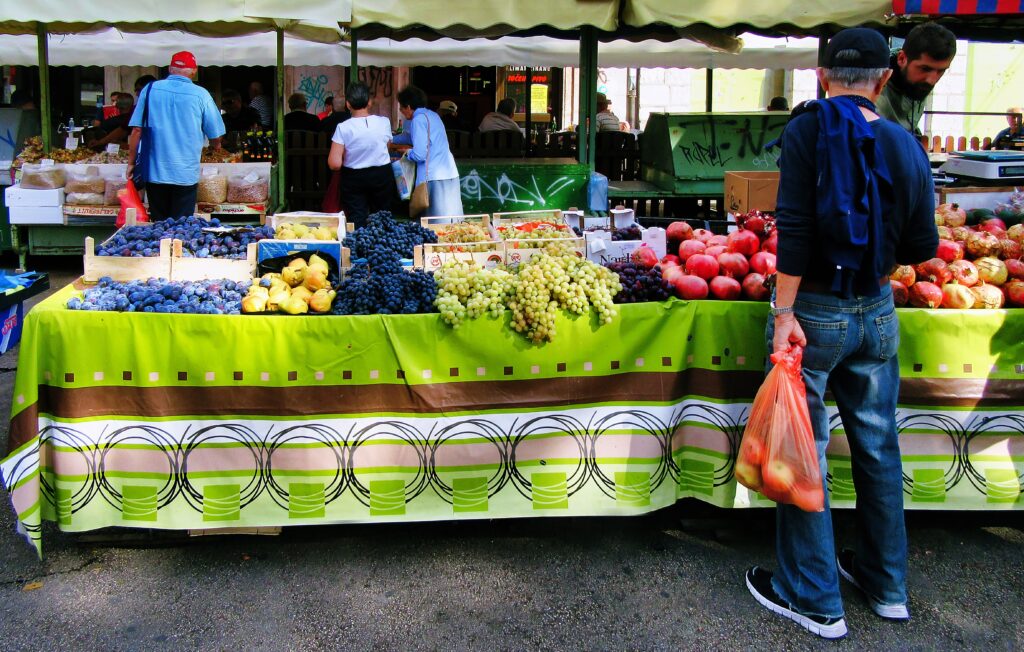
Shopping locally has so many advantages. Small businesses tend to keep the money in the local economy, spending it with other local businesses, thereby growing the local economy rather than draining it, like bigger chains and supermarkets do. Research shows that £10 spent locally creates £50 going back into the local economy. In addition, local shopkeepers will be supporting local councils both directly through taxes and indirectly through things like car parking fees, again increasing local wealth.

They get to know you as a person, your likes, dislikes, how much you tend to spend and can tailor your shop to your needs. My local butcher, Helen, is fabulous. She knows exactly how much I like to spend on a joint and will cut it to the size I like and the sort of meat my family eats. (I don’t eat meat but she doesn’t hold that against me!) She helps me if I haven’t so much to spend that week making sure she cuts the meat accordingly. The greengrocer on the market lets me leave my bag of heavy veg. while I go and do the rest of my shop. Paul, the fishmonger in his van, brings fish straight from the morning’s fishing boats in Fleetwood, so that even though we live up in the hills our town is supplied with fresh fish three times a week. Again, he knows how much I like to spend and gives me the fish to match. We have chats, they ask after my family and the whole shopping experience is vastly different from the bigger shops which are so impersonal.
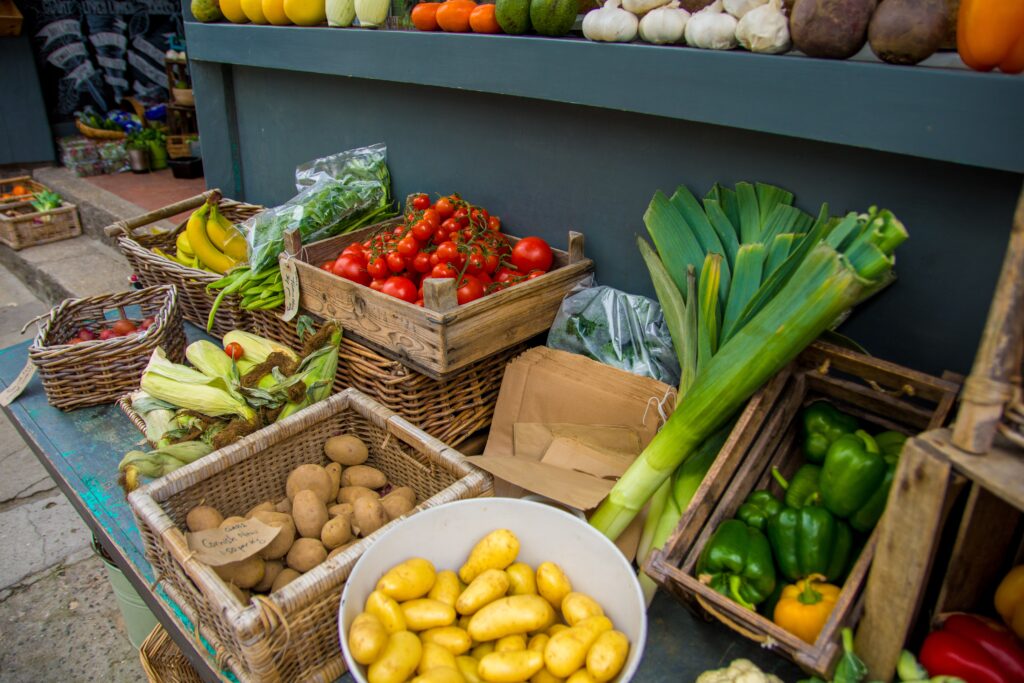
Small family businesses tend to look after the welfare of their staff as they all live in the same town, and are held more to account on several levels, if they don’t. They also tend to pay more than the bigger corporations, who’s main aim is to cut costs.
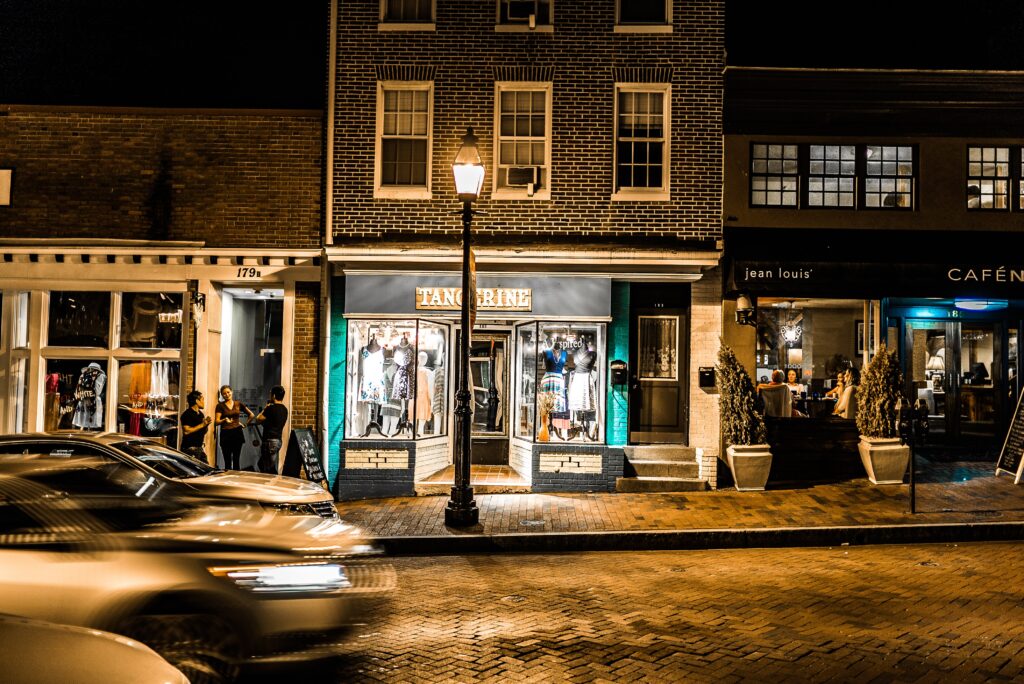
Local shopping means less travelling by car, cutting pollution. It has the benefit of enabling people to walk the shops, which is physically healthier; or even if they drive, they tend to walk around the different shops and markets, thereby getting fresh air and exercise. There’s the likelihood of seeing familiar people as they shop, tending to increase people’s feeling of well -being and their sense of community. There are also opportunities to socialise with friends from the town, meeting people and having chats. This again can be a lifeline for people’s mental well -being, knowing that they can talk to others, even if it is just the store keepers or maybe other regulars in a coffee shop.
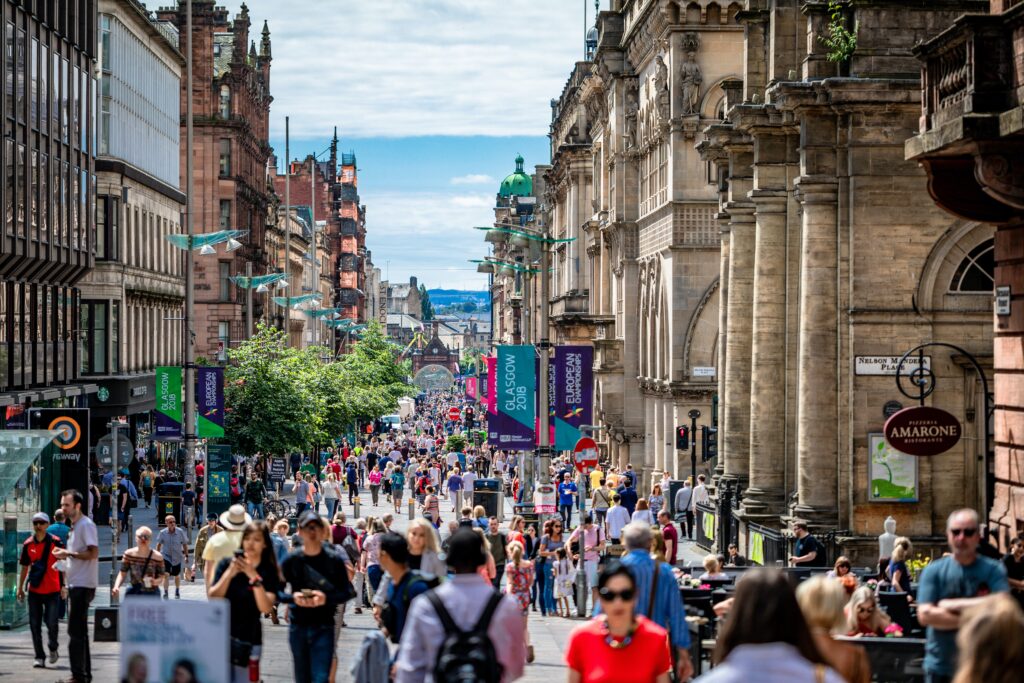
Local economic, environmental, physical and mental health are all winners with local shopping, which all supports the wider economy as well as reducing the costs on national expenditure such as the NHS.

Before Corona, our society was becoming more and more fragmented and isolationist. This blessed virus has given people a chance to see how to come together again, how to care for each other and how to make our communities work for the good of everyone and the planet. Please let us hold on to all this good, making permanent changes, so we don’t need another nudge from our Mother Earth of similar magnitude.
« Back to blog page
